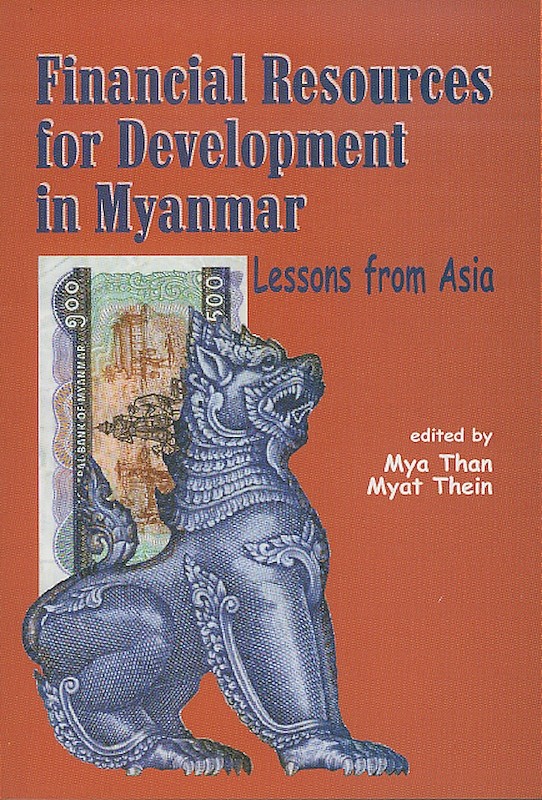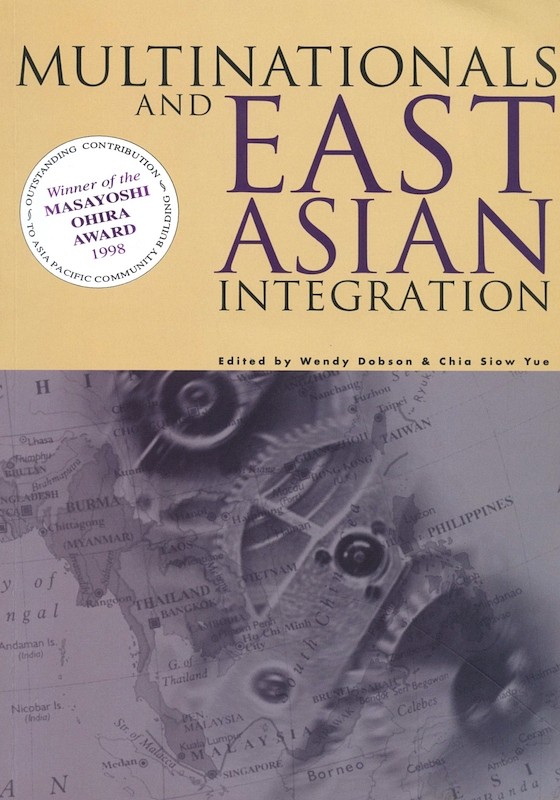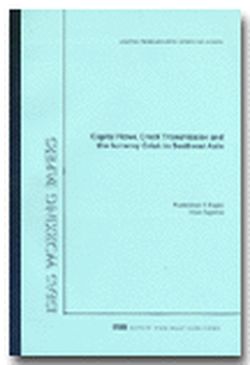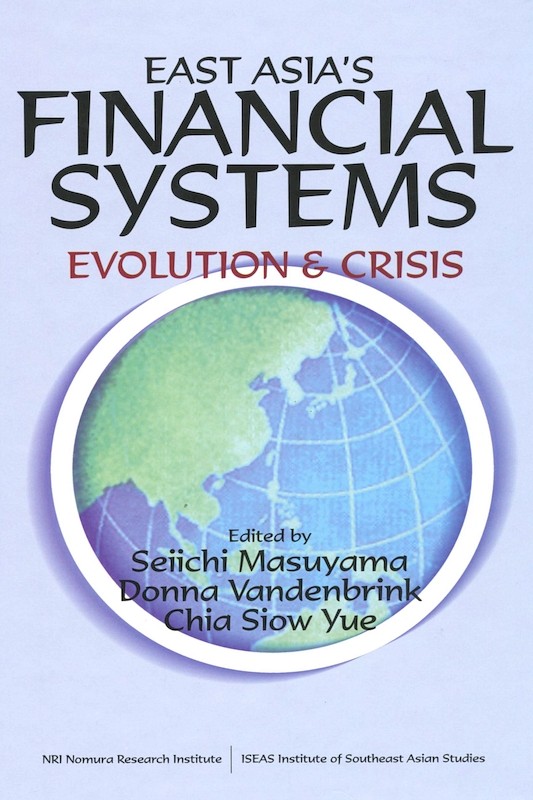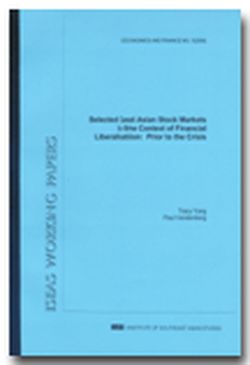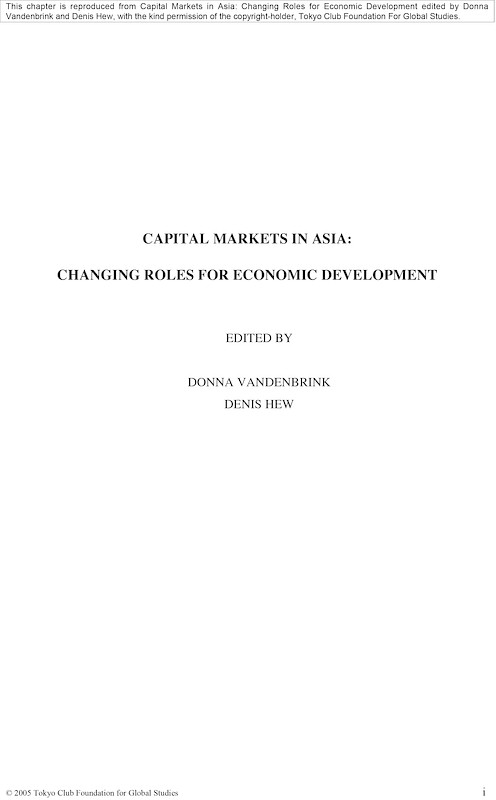Thai Capital after the 1997 Crisis
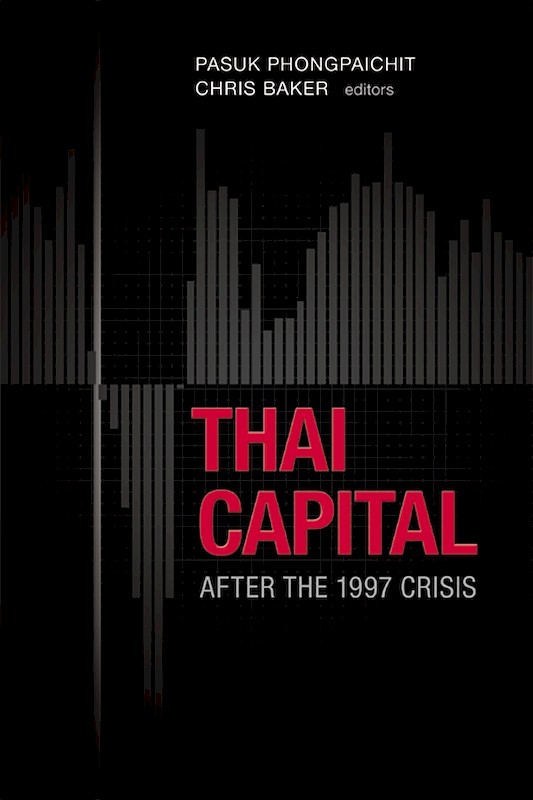
Date of publication:
2008
Publisher:
ISEAS / Silkworm Books
Number of pages:
309
Code:
BM337
Reviews
"This edited text (originally written in Thai and then translated into English) is more cohesive than usual for such works, despite involving 14 researchers and 10 essays. It centers on a unique thesis that rethinks the Asian economic crisis of 1997-98 as a transitional conjuncture. The impossibility of separating economic from political relationships is a pervasive theme in the essays. Overall, this collection would be a useful supplement for courses on economic development, political economy, and political science focused on Southeast Asia. Summing Up: Recommended. General readers; students at all levels; faculty and researchers" (Choice).
About the publication
The 1997 crisis was not only a massive shock but also a major turning point for Asian economies. In Thailand, it marked the end of an era when the economy was powered by local entrepreneurship. Around a quarter of major business groups were wrecked. Foreign capital poured in. The engine of growth is now an export economy dominated by multinationals, while domestic capital is confined to service and rentier activities.
This book, the product of a four-year project by a dozen researchers, provides a panorama of this jolting change. It examines the fate of major business groups, the changing role of family firms, the transformation of the automotive industry, the invasion of the megastores, the saga of the mobile phone, the success stories of the Crown Property Bureau and Charoen liquor empire, the impact on business and local politics in the provinces, the exploits of Thai multinationals overseas, and the changing interplay between business capital and political power.
This book also discusses the political consequences and policy implications of this major change, and questions whether domestic capital in countries like Thailand has any future in a globalized world economy.
This book, the product of a four-year project by a dozen researchers, provides a panorama of this jolting change. It examines the fate of major business groups, the changing role of family firms, the transformation of the automotive industry, the invasion of the megastores, the saga of the mobile phone, the success stories of the Crown Property Bureau and Charoen liquor empire, the impact on business and local politics in the provinces, the exploits of Thai multinationals overseas, and the changing interplay between business capital and political power.
This book also discusses the political consequences and policy implications of this major change, and questions whether domestic capital in countries like Thailand has any future in a globalized world economy.
Co-publication: ISEAS / Silkworm Books
ISEAS/Silkworm Books Limited Partnership co-publication. For customers in Singapore, Malaysia, Brunei, Japan, and Australia.

